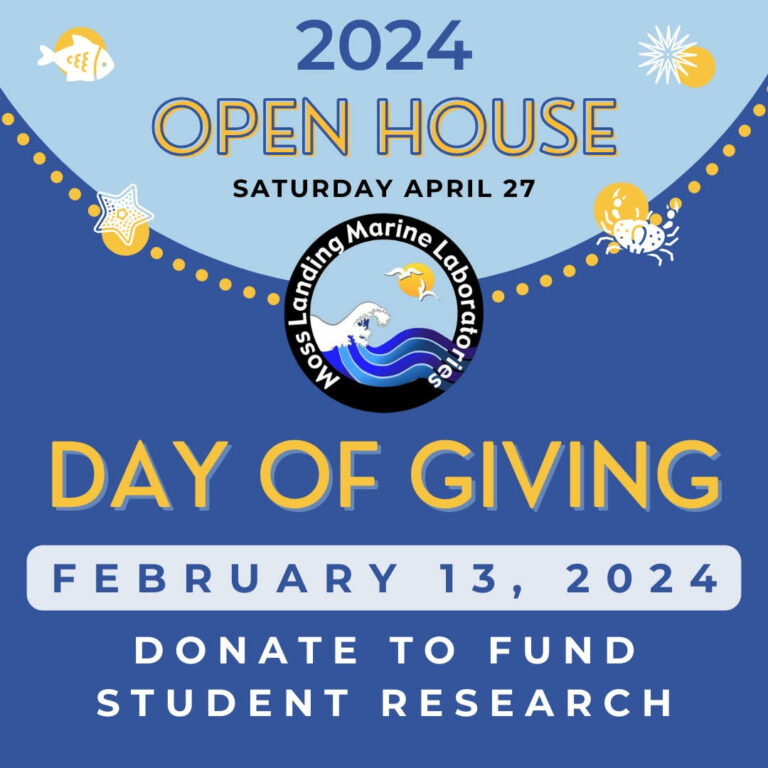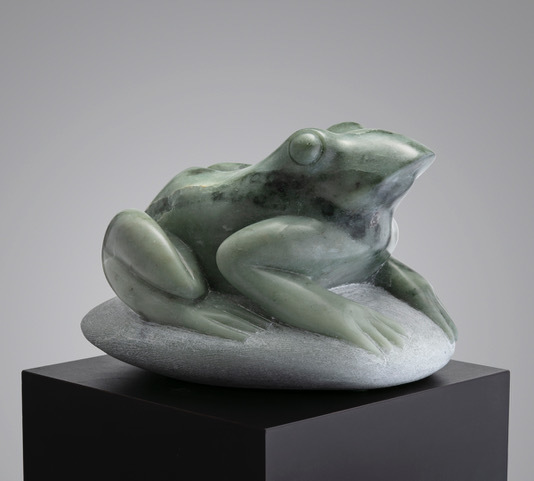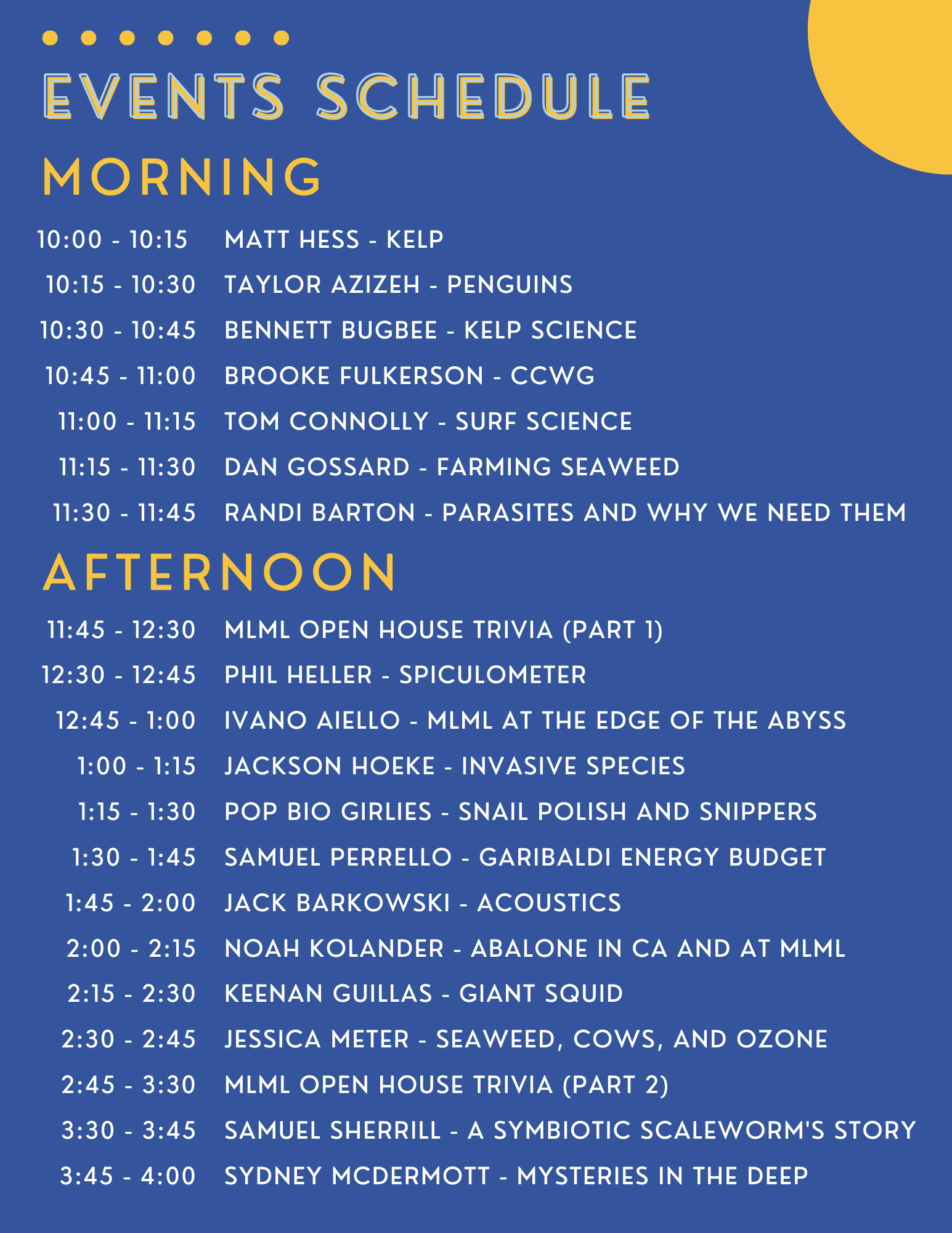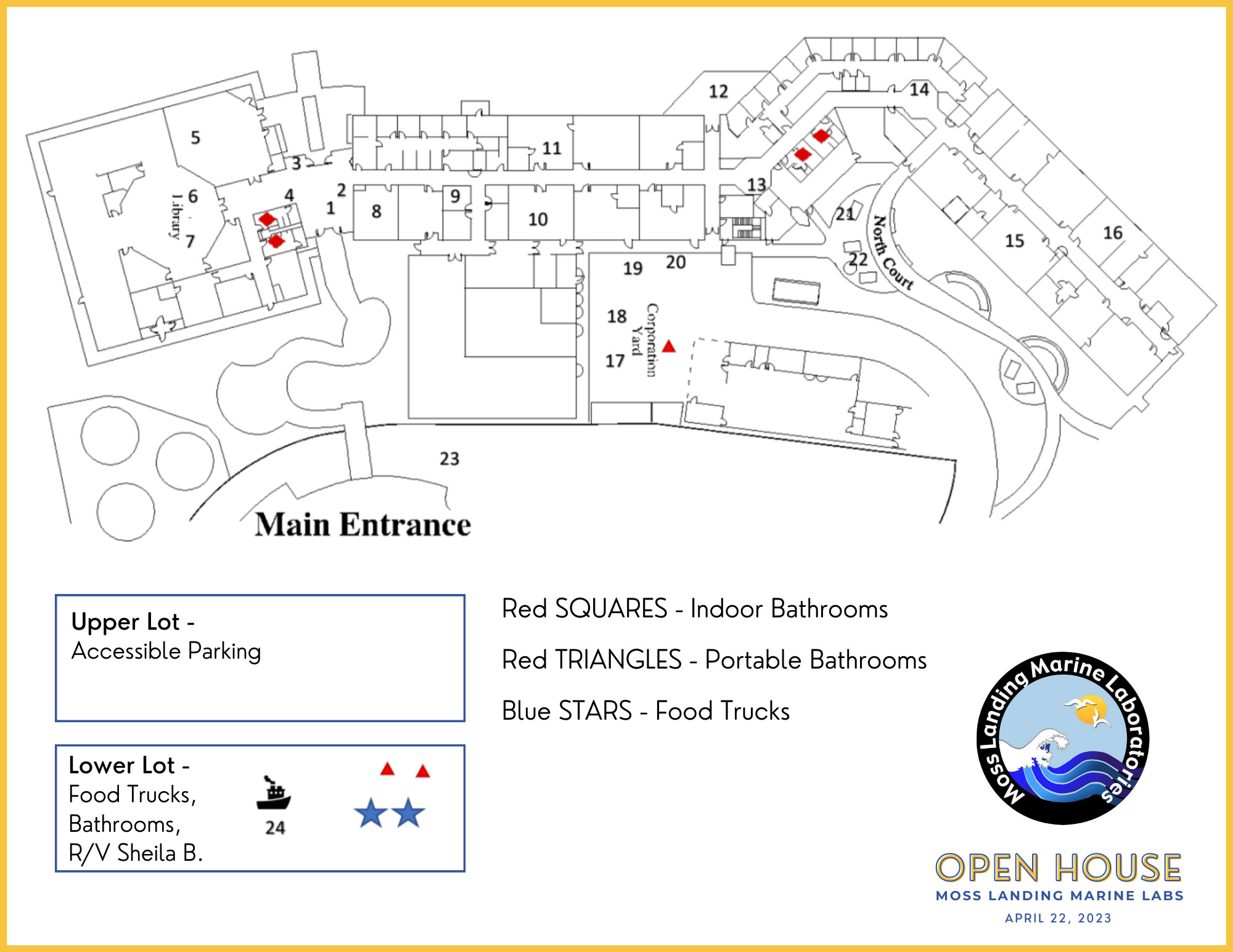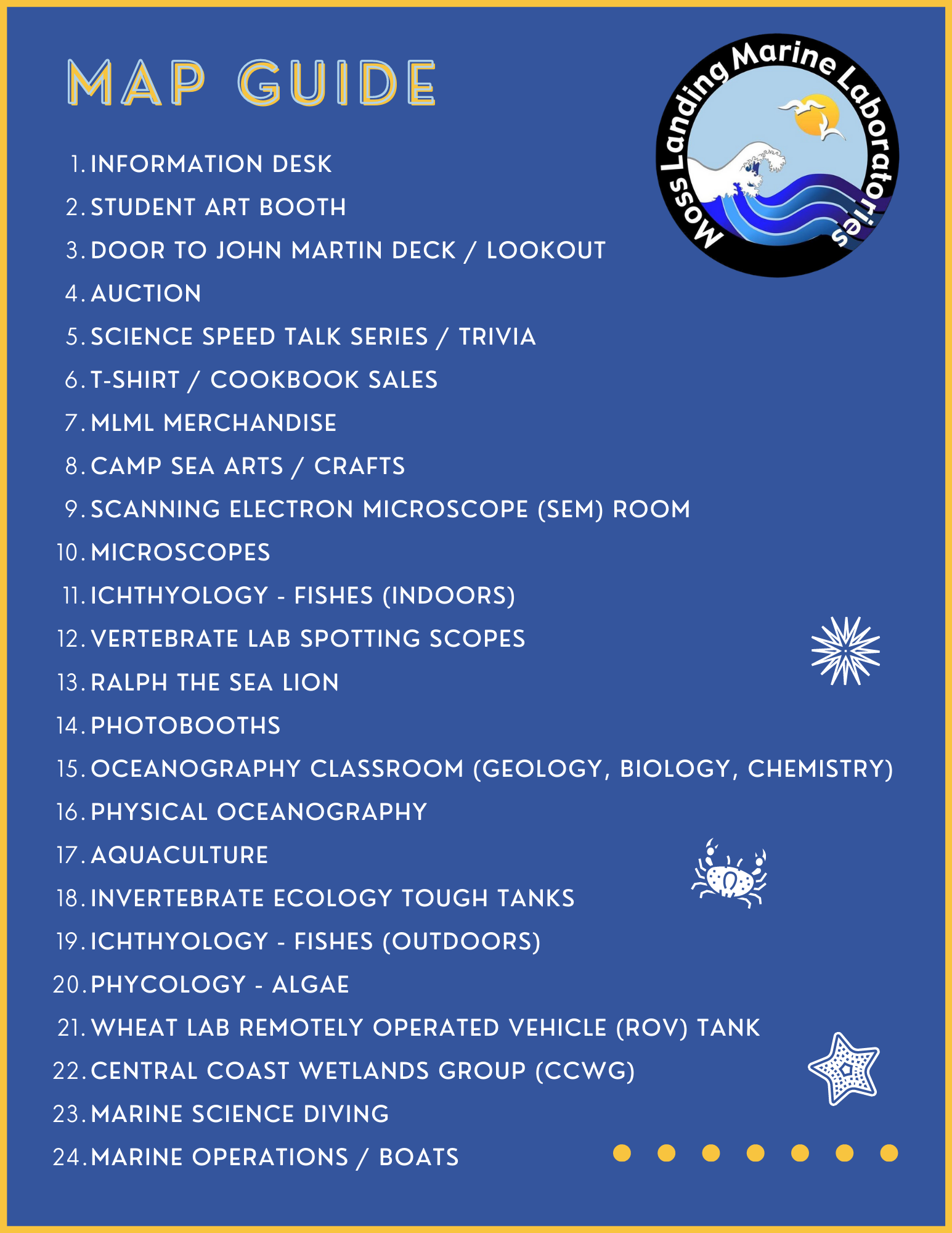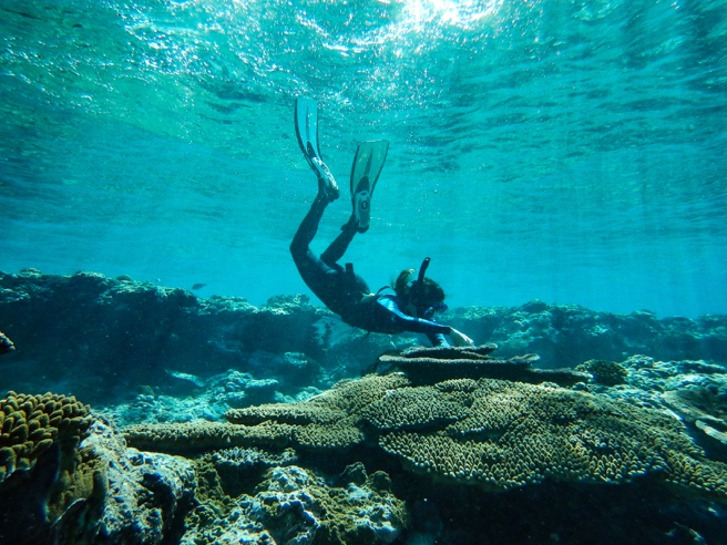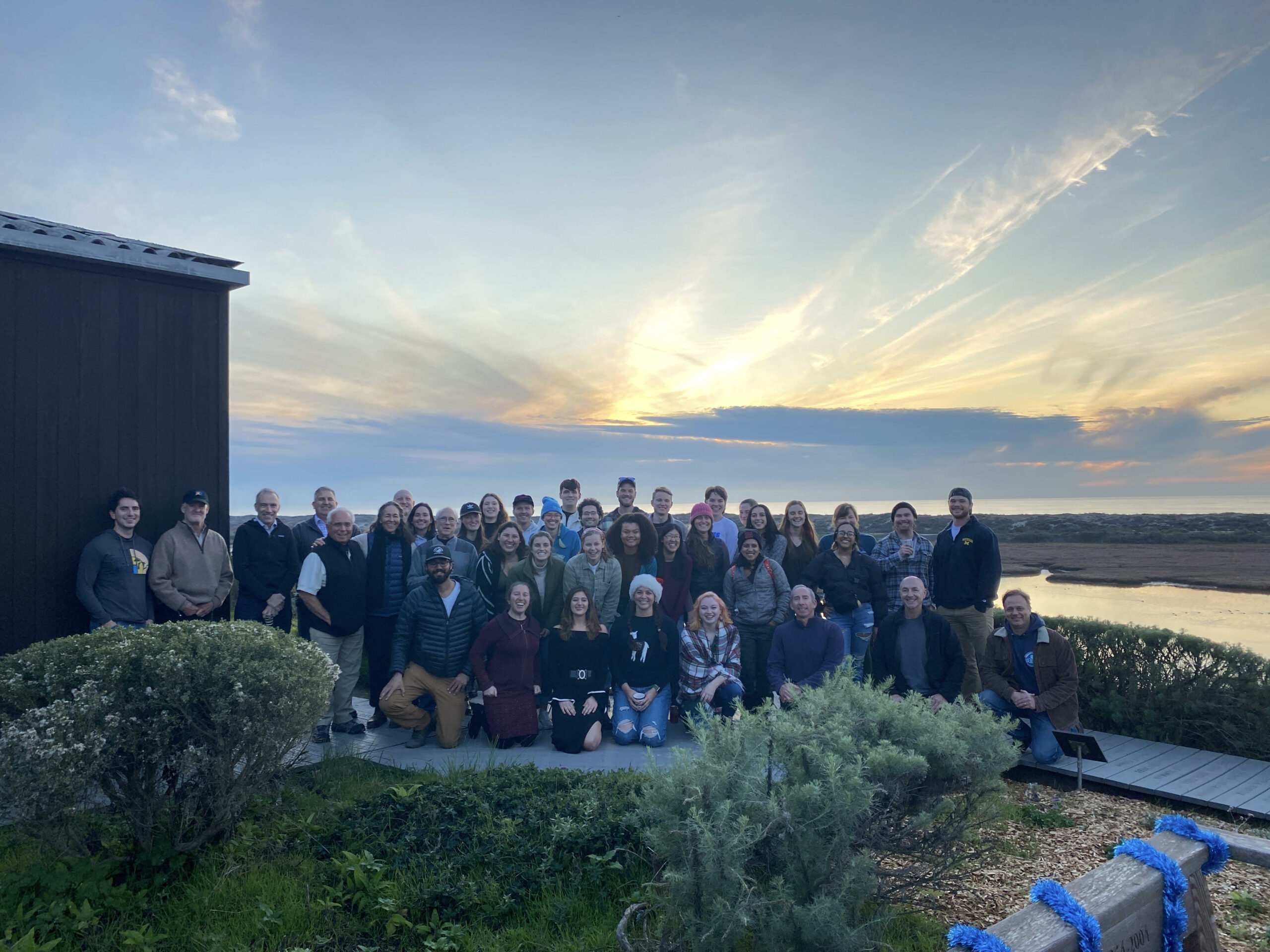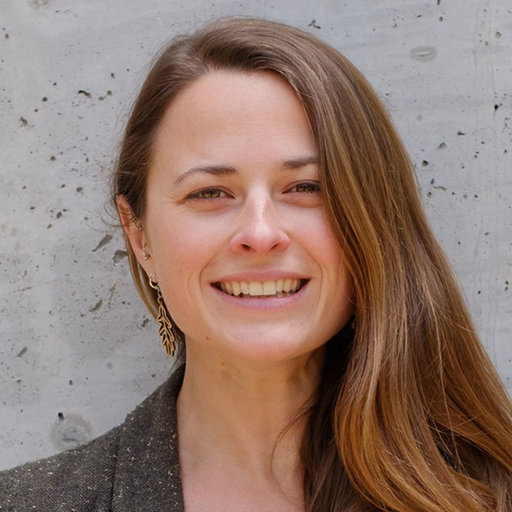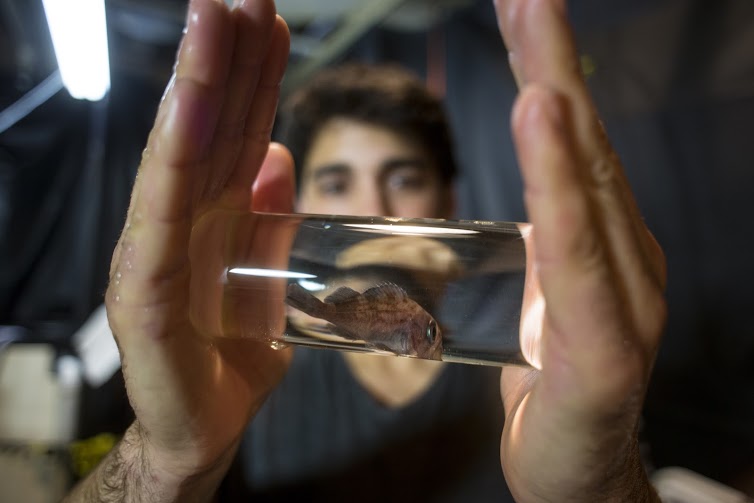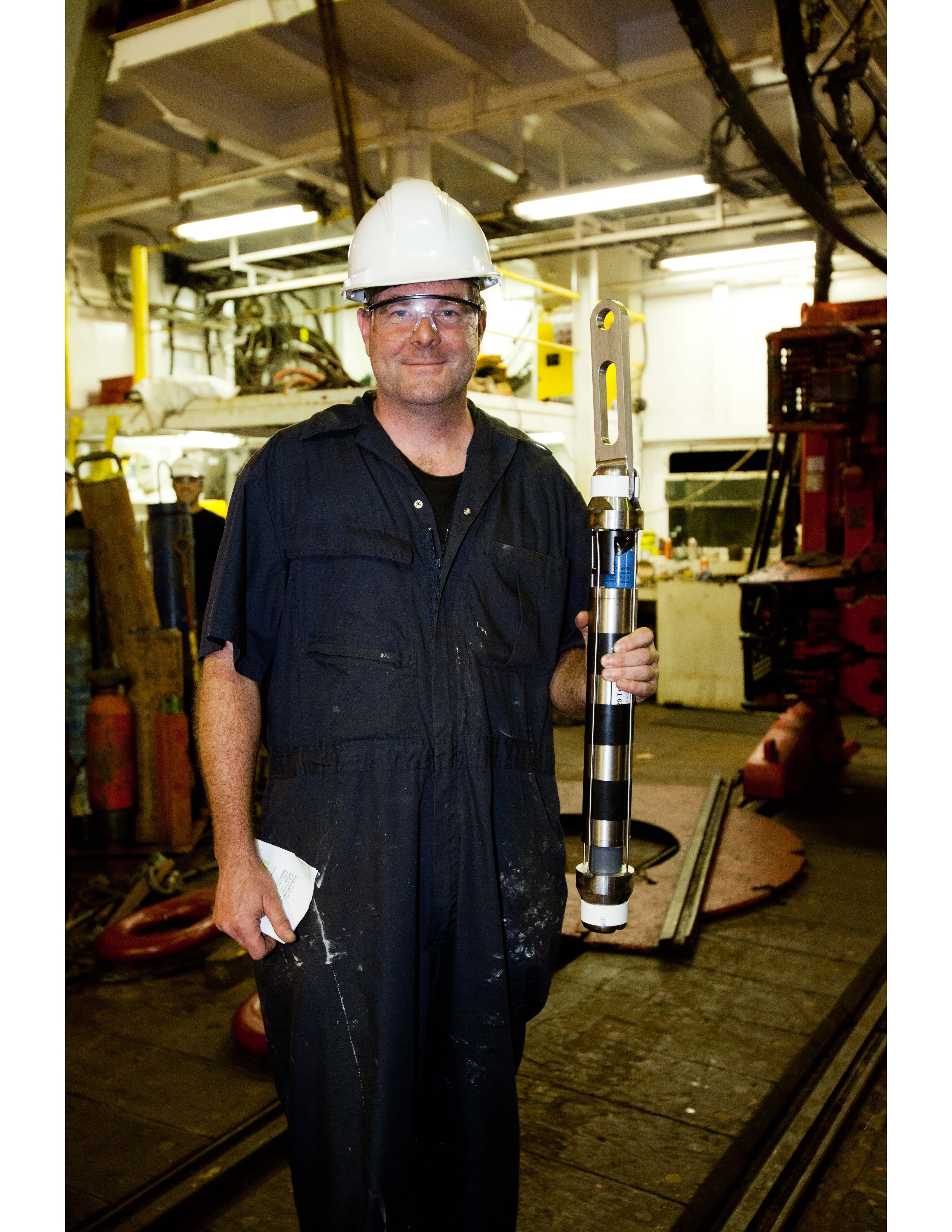San Jose State University’s Moss Landing Marine Laboratories has an outstanding leadership opportunity for an Executive Director. Moss Landing Marine Labs (MLML) is a unique marine research and education program within the College of Science at San Jose State University (SJSU). Faculty and researchers have expertise in a range of marine science disciplines, including marine geology, biology and chemistry. The laboratory is located between Santa Cruz and Monterey, and borders the Monterey Bay Marine Canyon,
the Salinas River, and the Elkhorn Slough, making it an ideal location for modern marine science.
This leadership role is responsible for administrative oversight of operations, budgets, fiscal management, leadership of staff, philanthropic activities and collaboration with the College of Science on strategic planning. The role reports to the Dean of the College of Science at SJSU, and collaborates with the Chair of the MLML academic department.
Key Responsibilities
- Management oversight for MLML staff.
- Recommends initiatives and changes to maintain quality and fiscal responsibility of services at MLML. Develops and presents recommendations for improvement of established processes and practices to the college Dean; initiates and implements plans to solve problems with the college Dean’s approval.
- Manages the physical facilities (properties, buildings, piers and
ships) and oversees maintenance and development of facilities in a manner consistent with fiscal resources and SJSU strategic
objectives.
- Ensures contractual, fiscal, and accounting practices are followed in accordance with applicable federal, state, SJSU and California State University rules and regulations.
- Oversees faculty affiliates and researchers, and fosters
partnerships, while ensuring fiscal responsibility with respect to MLML SJSU state and Research Foundation properties and facilities.
- Obtains outside funding in support of MLML in collaboration with the College of Science.
Key Competencies
Expert in Marine Sciences. Excellent communicator and strong leader to build and manage a diverse team. Experience managing complex budgets, strategic goals and balancing day to day operations. Ability to operate in a unionized environment. Excellent collaborator, innovator. Ability to influence and lead the organization into the future.
Requirements Include
- Doctorate in one of the disciplines in the field of marine science.
- A strong record of scholarly work or professional achievement rooted in conducting field-oriented marine studies balanced with laboratory work and quality teaching sufficient to qualify for tenure and appointment at the rank of professor in the college.
- Three years of administrative experience as department chair, program coordinator, or other relevant leadership and supervisory experience.
- Extensive experience managing complex
budgets.
- Proven track record in securing external
funding.
- Direct experience managing a team.
For Consideration, please email your CV/resume to Elaine Peters at elaine@nextsearch.com 949-400-1132
